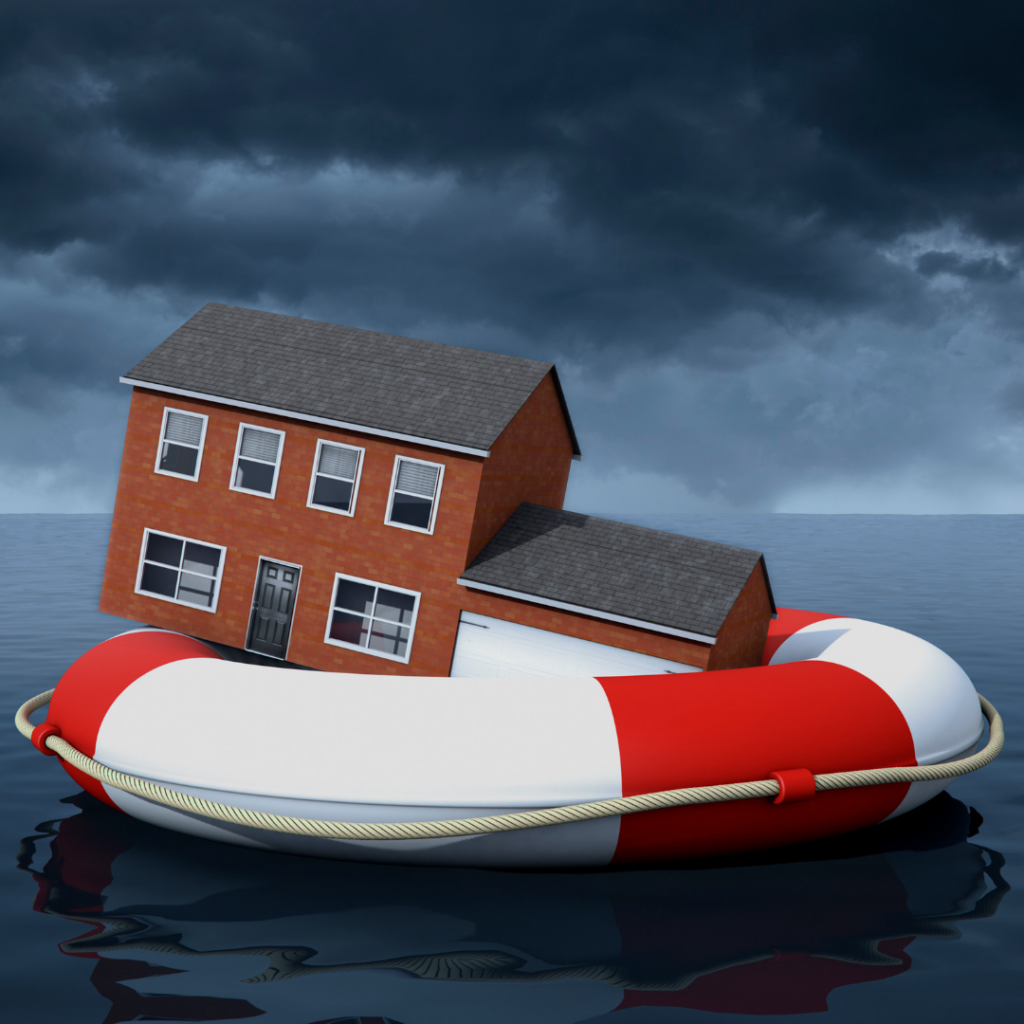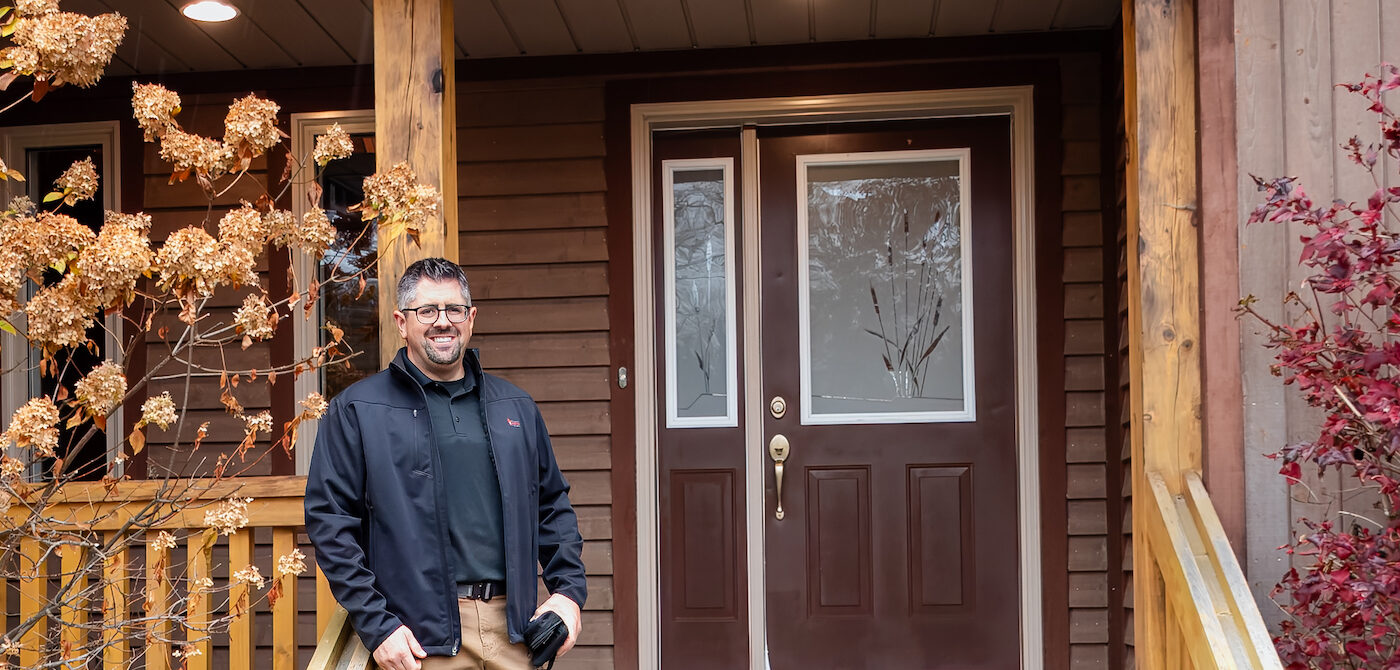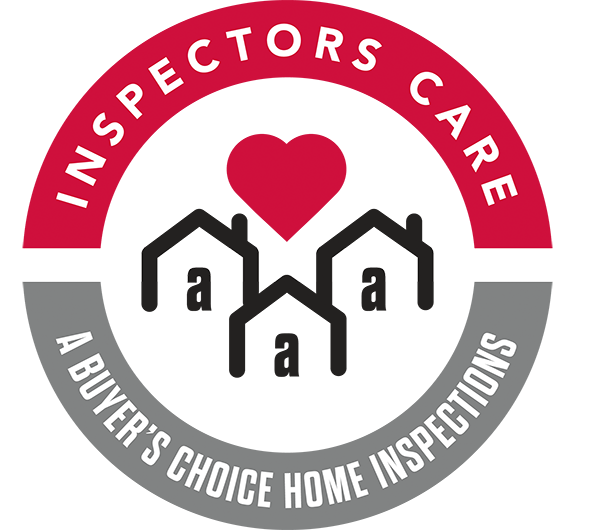Whether you’re in the market to buy a property or you’re thinking of staying put for now in your existing home, protecting among the largest financial investments of your lifetime from flood damage is a big deal.
It’s hurricane season, and while most of us won’t have to deal with the full impact of this damaging force of nature, many areas will face heavy rainfall as an aftermath. As well, extreme weather is becoming more of a norm these days across much of North America.
But how do you know if a house is at risk for flooding? If you’re having a home inspected before you buy it or as part of your ongoing maintenance plan, our inspectors will be able to help predict how the property will fair during extreme weather conditions, including the likelihood of flooding.
Three keys to help prevent flooding
Ongoing maintenance plays a big role in safeguarding your home from flooding and other problems often associated with extreme weather conditions. There are many safeguards in place within a home to help deter flooding. These include ensuring:
- Downspouts are positioned at least six feet from the foundation.
- A backwater valve is present and functional/well maintained.
- The sump pump is in good working order.
If you have any concerns about how your home will weather a storm, it’s always best to have an inspector in to help set your mind at ease. He/she is best positioned to point out any potential risks and provide a to-do list to help mitigate any issues.
And if you have concerns that a property you’re planning to buy has faced water issues in the past, check out these Key Indicators for Spotting Water Damage.
It’s important to note that insurance companies view water damage caused by a storm very differently than water damage resulting from a leak or burst pipe. Water damage following heavy rain is similar to damage caused by other natural disasters and requires the purchase of separate insurance, as home insurance doesn’t typically include flood coverage.
Sewer backup and overland flooding coverage, however, may be available as add-ons to your existing home insurance policy. But, as is the case with optional coverage, underwriting guidelines vary depending on individual insurers. If you’re concerned about flooding, check in with your insurance provider to see if you should opt for additional coverage and, if so, what coverage best meets your needs.
Find an Inspector near you: https://abuyerschoice.com/locations









